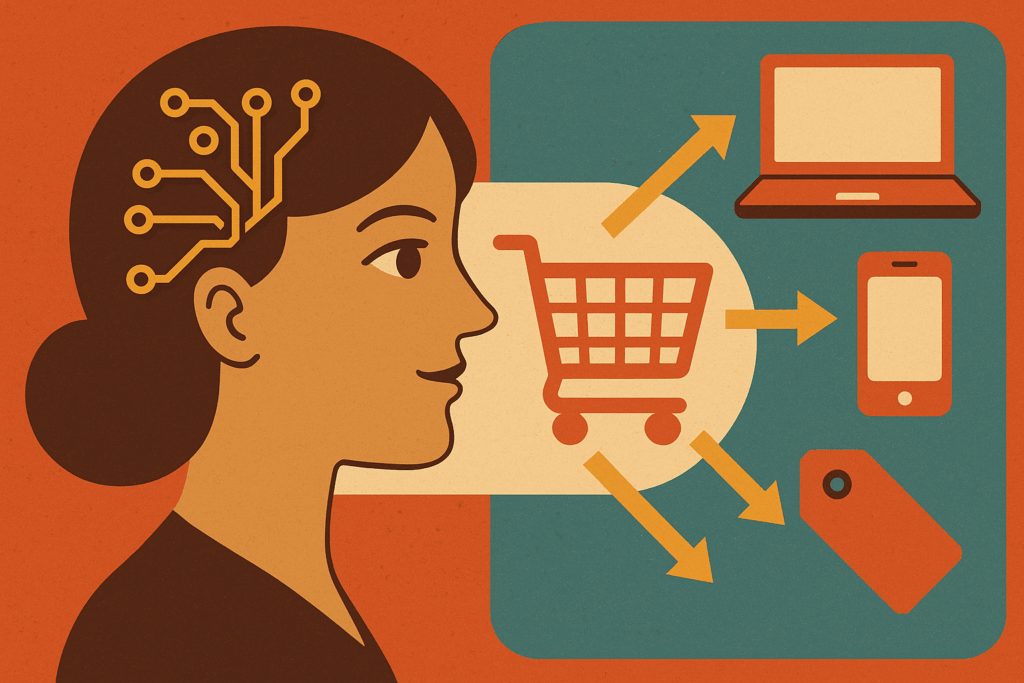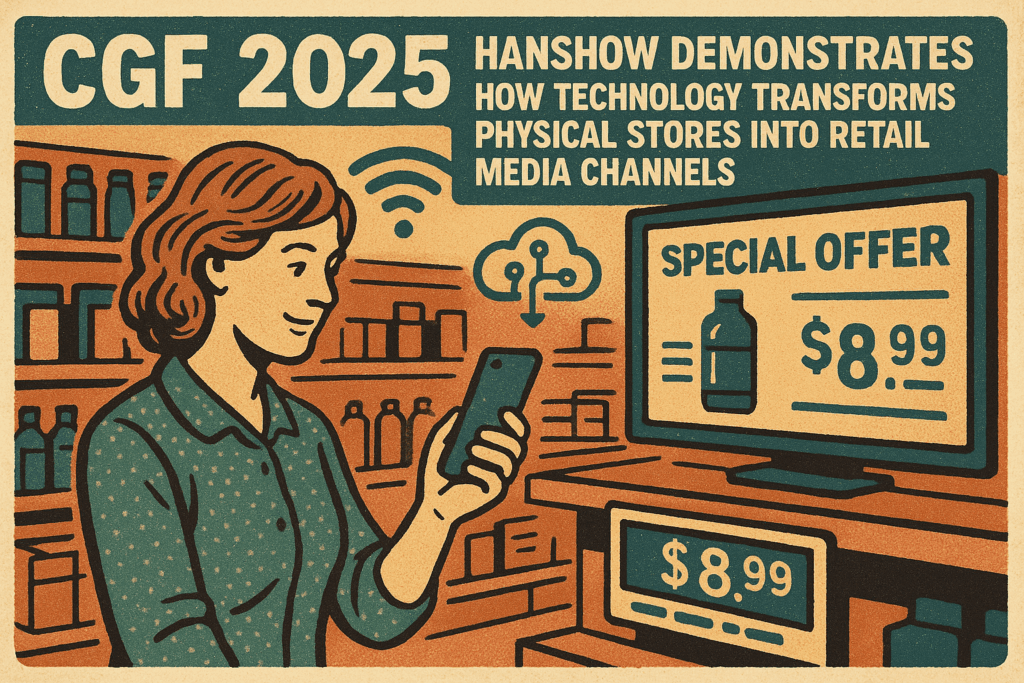The Rise of AI Agents and the Decline of Apps?
Recent analysis forecasts a significant shift in how consumers engage with digital services. AI agents—intelligent software tools capable of autonomously interacting with multiple platforms—are predicted to reduce reliance on individual apps. Instead of users opening separate applications, AI agents will act as intermediaries, managing tasks like shopping, bookings, and services on behalf of consumers. This agent-centric approach challenges the traditional app-driven model that has dominated retail and digital commerce.
Bypassing the Interface: The API Future
AI agents operate by directly communicating with services via application programming interfaces (APIs), often through intermediate ‘middle-layer’ APIs that streamline these interactions. For example, a customer might ask an AI agent to purchase a specific item. The agent then connects with the retailer’s API, retrieves product information, completes the transaction, and handles delivery instructions—without ever launching the retailer’s branded app or website interface. This approach shifts user interaction away from brand-controlled interfaces toward seamless, backend exchanges powered by robust APIs.
Retailers, Brands and the Agent-Centric Shift
This emerging paradigm poses significant challenges for retail media professionals and brand marketers. Traditionally, apps provide a controlled environment rich with branding opportunities and direct customer engagement, from tailored promotions to in-app advertising. With AI agents mediating interactions, retailers risk losing direct control over the user interface, reducing their ability to deliver branded content or targeted retail media through apps.
The strategic focus must therefore move from optimizing user interfaces to developing comprehensive, discoverable, and agent-friendly APIs. Retailers that invest in well-structured APIs can enable AI agents to access their services smoothly, creating new pathways for customer engagement without relying on app-based touchpoints.
Additionally, this shift will affect customer data strategies. Since agents may limit direct data capture that traditionally occurs via apps, retailers will need new models for data exchange and insights, potentially collaborating closely with AI agent providers.
In this changing environment, retail media value may increasingly reside in partnerships with AI agents or in API-level integrations that facilitate targeted recommendations and promotions within agent-driven interactions. Brands that adapt to this agent-centric world will secure a foothold in the future of digital retail media by reimagining how they connect with consumers beyond the app.



